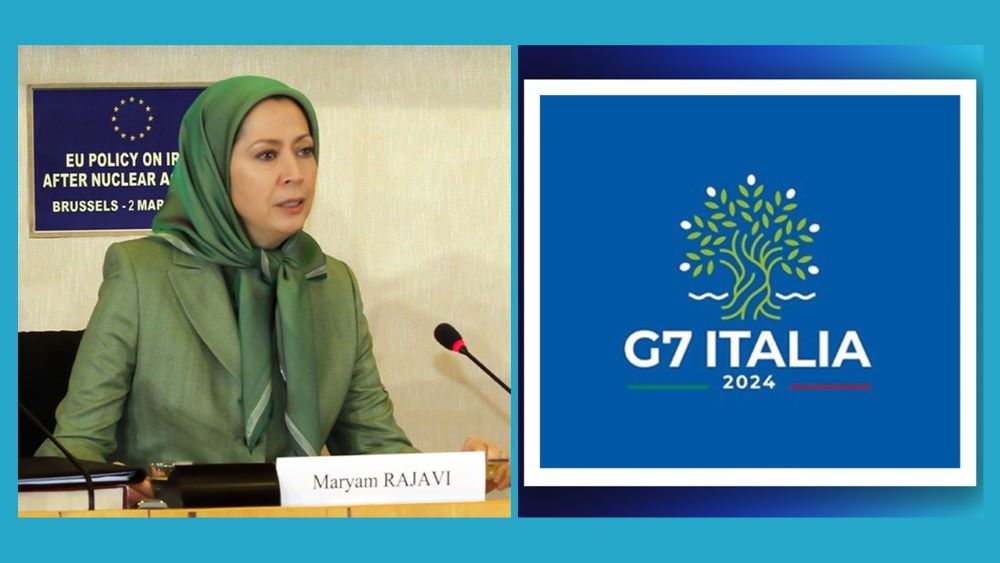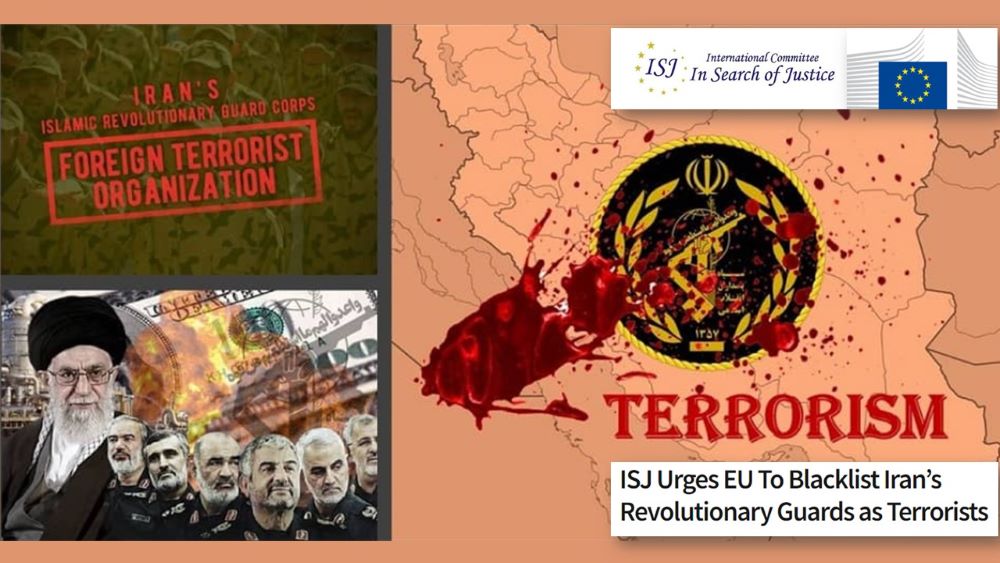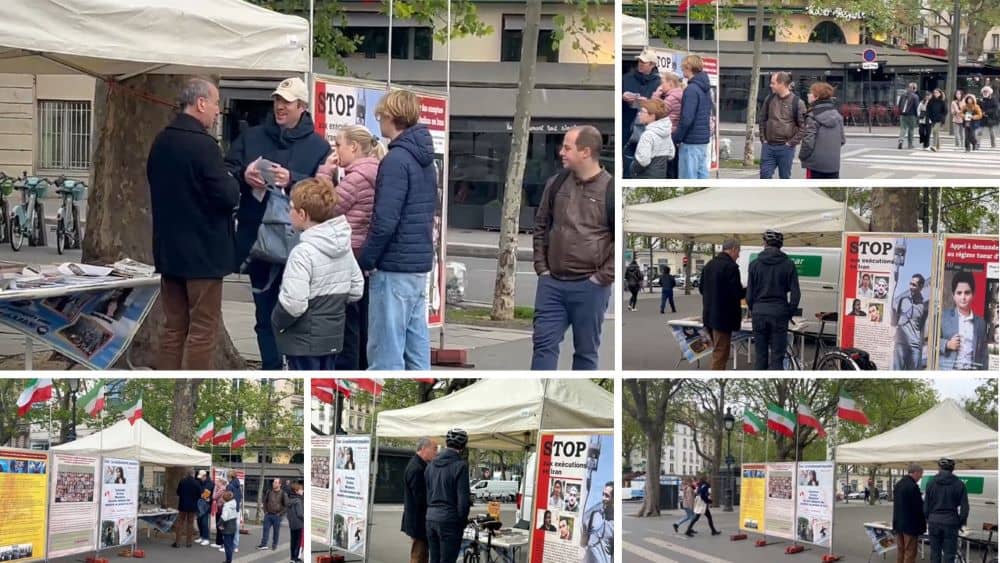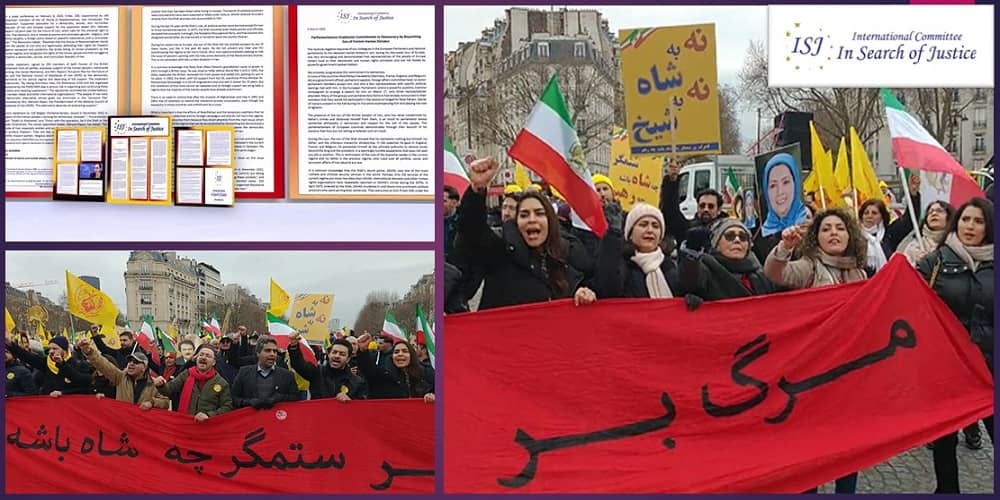
March 3, 2023: The International Committee in Search of Justice (ISJ), headed by Dr. Alejo Vidal Quadras, issued a statement regarding the decisive and negative response of parliamentarians of the European countries to the son of the Shah, the former dictator of Iran.
The text of the statement is as follows:

The resolute negative response of our colleagues in the European Parliament and national parliaments to the deposed Iranian dictator’s son, during his two-week tour of Europe, was very encouraging and demonstrated that representatives of the people of Europe remain loyal to their democratic and human rights principles and are not fooled by powerful government-backed lobbies.
We sincerely congratulate this commitment to democracy. In none of the countries Reza Pahlavi traveled to (Germany, France, England, and Belgium) did any government official, parliament speaker, foreign affairs committee head, or senior parliament members accept him, and only a few representatives with specific political leanings met with him.
In the European Parliament, where a powerful publicity machine campaigned to arrange a speech for him on March 1st, only three representatives attended. Many of the groups and parliamentary factions had already announced to their members that they would not participate in the session arranged for Reza Pahlavi. Scores of Iranians present in the hall during his trip were accompanying him and playing the role of agitator.
The presence of the son of the former dictator of Iran, who has never condemned his father’s crimes and distanced himself from them, is an insult to parliaments whose existential philosophy is democracy and respect for the will of the people. The parliamentarians of European countries demonstrated through their boycott of his sessions that they are not willing to tolerate such an insult.
During this tour, the son of the Shah showed that he represents nothing but himself, his father, and the infamous monarchic dictatorship. In the speeches he gave in England, France, and Belgium, he presented himself as the ultimate authority to resolve issues beyond the king and the president, in a seemingly humble appearance that does not seek any job or position. This is reminiscent of the role of the Supreme Leader in the current regime and his father in the previous regime, who ruled over all political, social, and economic affairs of Iran beyond any law.
It is common knowledge that the Shah’s secret police, SAVAK, was one of the most ruthless and criminal security services in the world. Perhaps only the services of the current regime are more merciless than SAVAK. International Amnesty and other human rights organizations have repeatedly reported on SAVAK’s crimes during the 1970s. In April 1975, ordered by the Shah, SAVAK murdered in cold blood nine prominent political prisoners who were serving their sentences. They were shot on Evin Prison Hills under the pretext that they had been killed while trying to escape. Thousands of political prisoners were tortured, and many were executed or killed under torture. SAVAK received its orders directly from the Shah and was only accountable to him.
During the last 25 years of the Shah’s rule, all political parties were banned except for two or three handpicked parties. In 1975, the Shah dissolved even these parties and officially declared that one party is enough, the Rastakhiz (Resurgence) Party, and that anyone who disagreed would either be imprisoned or forced to leave the country forever.
During his recent trip to Europe, the son of the Shah did not provide answers to any of these issues, just like in the past 40 years. He did not present any clear plan for overthrowing the regime or for Iran’s future. He is now opportunistically seeking to ride the wave of people’s uprising with the help some elements of the Revolutionary Guards. This is not consistent with the current situation in Iran.
It is common knowledge that Reza Shah (Reza Pahlavi’s grandfather) came to power in 1921 through a British coup. He was close to Hitler before World War II and in 1941, the Allies, especially the British, removed him from power and exiled him, putting his son in his place. In 1953, the Shah, with full support from the US, overthrew Prime Minister Dr. Mohammad Mossadegh in a US-UK engineered coup and was in power for 25 years. But the conditions of that time cannot be repeated, and no foreign support can bring back a regime that the majority of the Iranian people have already overthrown.
There is no need to remind that after the invasion of Afghanistan and Iraq in 2001 and 2003, the US attempts to restore the monarchy proved unsuccessful, even though the monarchy in those countries was overthrown by a coup.
What is important is that the efforts of Reza Pahlavi and the temporary coalitions that he forms with some celebrities and his foreign campaigns not only do not harm the regime, but the regime welcomes them because they divert attention from the main issue, which is the overthrow of the regime that can be accomplished by dismantling the Revolutionary Guard and suppressive forces, This efforts also aim to overshadow the democratic alternative to the regime, namely the National Council Resistance of Iran.
Reza Pahlavi and monarchy are perceived as symbols of dictatorship in Iran and the slogan “Death to the oppressor, be it the Shah or the Leader” has been embraced in the current uprising in cities across Iran and abroad. In the recent Friday protests in Zahedan, the capital of Sistan and Baluchistan province, people were repeating this same slogan.
Lawmakers on both sides of the Atlantic have expressed their views on this issue repeatedly and decisively.
A statement by 210 members of the European Parliament in December 2022, referred to “Resistance Units and the organized opposition [which] are taking serious risks to play a vital role in organizing and sustaining these protests,” and urged “European Union, HR/VP, United Nations and, its member states [to] recognize the Iranian people’s democratic aspirations, their organized Resistance movement and right to establish a free, democratic and secular Iran.”
In a press conference on February 8, 2023, H. Res. 100, cosponsored by 166 bipartisan members of the US House of Representatives, was introduced. The Resolution “supported advocates for a democratic, secular, and nonnuclear Republic of Iran and showed support for the opposition leader Mrs. Maryam Rajavi’s 10-point plan for the future of Iran, which calls for the universal right to vote, free elections, and a market economy and advocates gender, religious, and ethnic equality, a foreign policy based on peaceful coexistence, and a nonnuclear Iran.” The Resolution stated, “Resolved that the House of Representatives stands with the people of Iran who are legitimately defending their rights for freedom against repression and condemns the brutal killing of Iranian protesters by the Iranian regime; and recognizes the rights of the Iranian people and their struggle to establish a democratic, secular, and nonnuclear Republic of Iran.
Another statement, signed by 250 members of both Houses of the British Parliament from all parties, expresses support of the Iranian people’s nationwide uprising, the Iranian Resistance, and Mrs. Rajavi’s Ten-point Plan for the future of Iran and the National Council of Resistance of Iran (NCRI) as the democratic alternative to the clerical regime and deserving of full support. The statement underscores: “By taking enormous risks, the Resistance Units and the organized Resistance by the PMOI/MEK play a serious role in organizing and continuing these protests and resisting suppression.” The signatories reminded the United Nations, its member states and other international organizations: “The people of Iran have a democratic alternative whose goals are enshrined in the Ten-point Plan articulated by Mrs. Maryam Rajavi, the President-elect of the National Council of Resistance of Iran (NCRI). This alternative deserves all-embracing support.”
A joint statement by 120 Belgian Parliamentarians, issued in November 2022 in support of the Iranian people’s uprising for democracy, stressed: “. The protesters chant “Death to Khamenei” and “Down with the oppressor, be it the Shah or the Leader (Khamenei). The Iranian opposition leader, Maryam Rajavi, has stated: ‘The people of Iran, especially women and youths, have risen to overthrow the regime and achieve freedom. They are fed up with the mullahs’ brutal suppression, hostility toward women, religious discrimination, and poverty.” “Resistance Units of the opposition PMOI/MEK and the organized opposition are taking serious risks in putting up a resistance front against repression to organize and sustain these protests.”
ALEJO VIDAL-QUADRAS President ISJ
Spanish professor of atomic and nuclear physics. Vice-president of the European Parliament (1999-2014)

